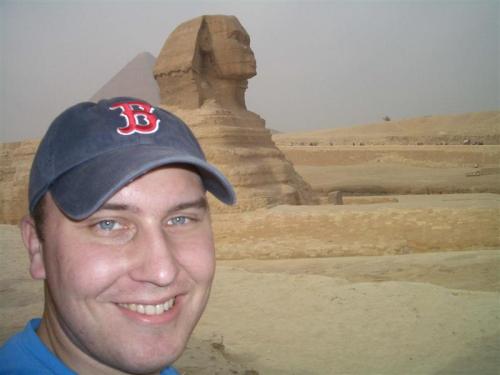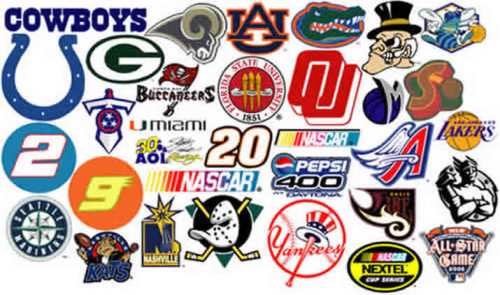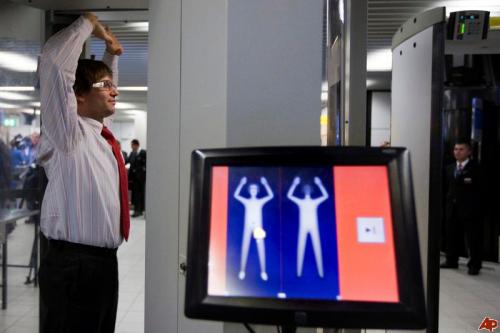
Me, in Egypt, in 2005. That's the Sphinx in the background, not a larger-than-life statue of Mubarak.
This is a cross-listed post from Boom State, my blog from work. With some edits it ran as a column on the opinion page of today’s Casper Star-Tribune.
—-
My cell phone bleeped Friday morning, as I got into my car on my way to work.
One word, written by a friend I first got to know while living in Egypt:
“Finally.”
Hosni Mubarak had fallen, resigned as president of Egypt. It’s an end to a 30-year dictatorship that mired Egypt in poverty, unemployment and waning international power.
For some reason, I’m always in transit when important things happen.
I was driving a work dump truck when I heard my wife was on her way to hospital to give birth to our daughter, Alaina. I was driving to a college class when I heard about the jet hitting the second World Trade Center tower on 9/11.
I can’t explain why this happens to me. But I can explain why Mubarak’s fall matters to me, and why it should matter to you.
I last visited Egypt in August of last year, on my way home from a summer in Yemen. I had stopped there again earlier last summer and loved the chance to visit old friends and break out the Arabic words I had polished for years while I was away.
I lived in Egypt for a year between 2005 and 2006, studying political science, Arabic and Egyptology at the American University of Cairo. Many of my classmates were Egyptian elite or foreign students such as myself, so it could be said many of us were untouched by Egypt’s suffering and repression.
But it was hard to miss the yearning for change, for a chance to make a better life, that permeated that place.
Taxi drivers I would meet had advanced degrees, but little hope of employment or the expensive proposition of marriage. Classmates I got to know hailed from wealthy Egyptian families and could spend their lives enjoying trips abroad and other trappings of the good life.
Yet even they discussed political reform and advocated on behalf of their fellow Egyptians and bemoaned the stink of corruption and lack of freedom.
Egypt’s future is still unclear, and it worries me that the military has replaced Mubarak as the leader of Egypt. Many are still concerned about the Muslim Brotherhood, who are certainly conservative but are absolutely not the Egyptian version of the Taliban.
Ideally, free, fair and transparent elections will come soon, and the people of Egypt will finally chart their own path of peace and power.
Why should any of this matter to you? It should matter because what just occurred in Egypt embodies the very essence of values enshrined in the U.S. Constitution and the Bill of Rights, and ones you should hold dear: the right to peaceably assemble, the right to petition the government, the right to speak freely.
The Egyptians, young and old, men and women, conservative and secular, took to the streets and held Tahrir Square in Cairo to demand a government which answers to them and represents them.
They did so at a bloody cost but in a largely peaceful way, holding aloft signs of protest, not weapons of hate. It took them a mere 17 days of courage and perseverance to topple a regime.
Now the future is in their hands. I think we can all appreciate the freedom they’ve just earned.
Friday afternoon, I texted an Egyptian friend a note of congratulations.
“Has to be a whole new feeling to be Egyptian,” I wrote.
“Absolutely,” he said.
“I’m free.”







